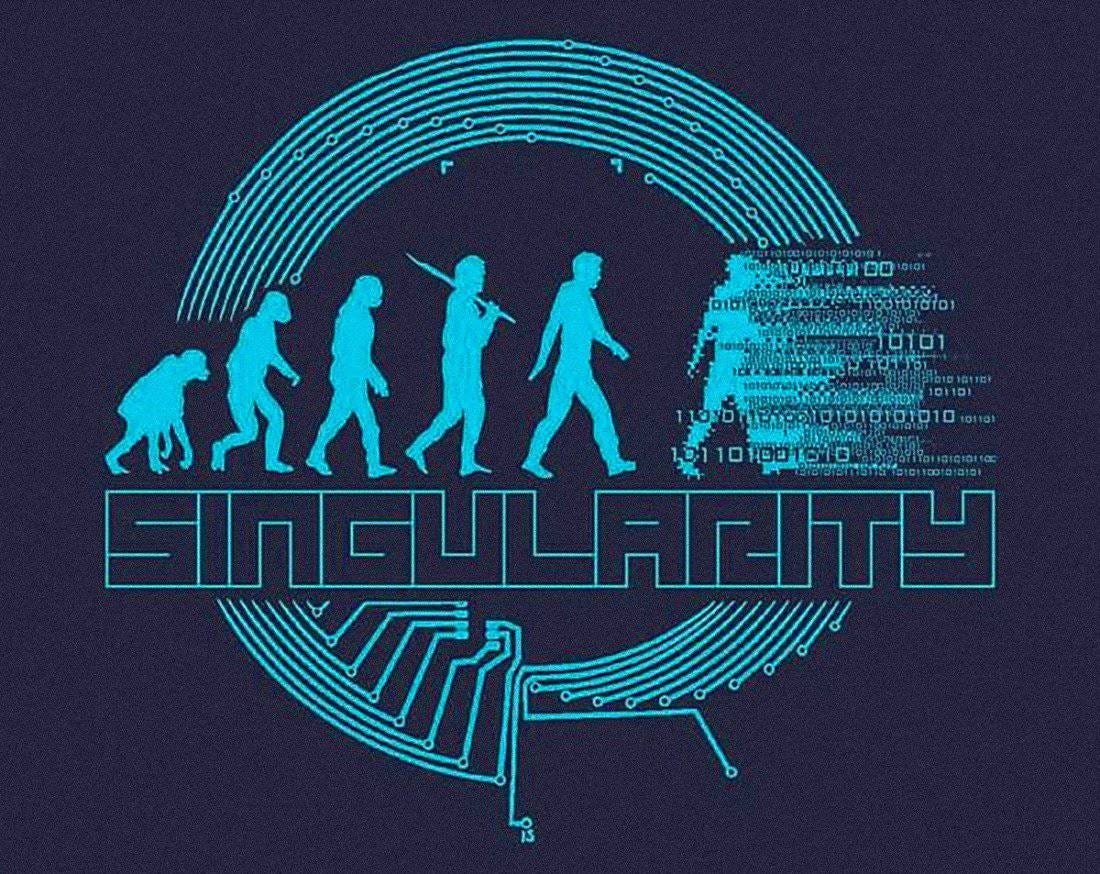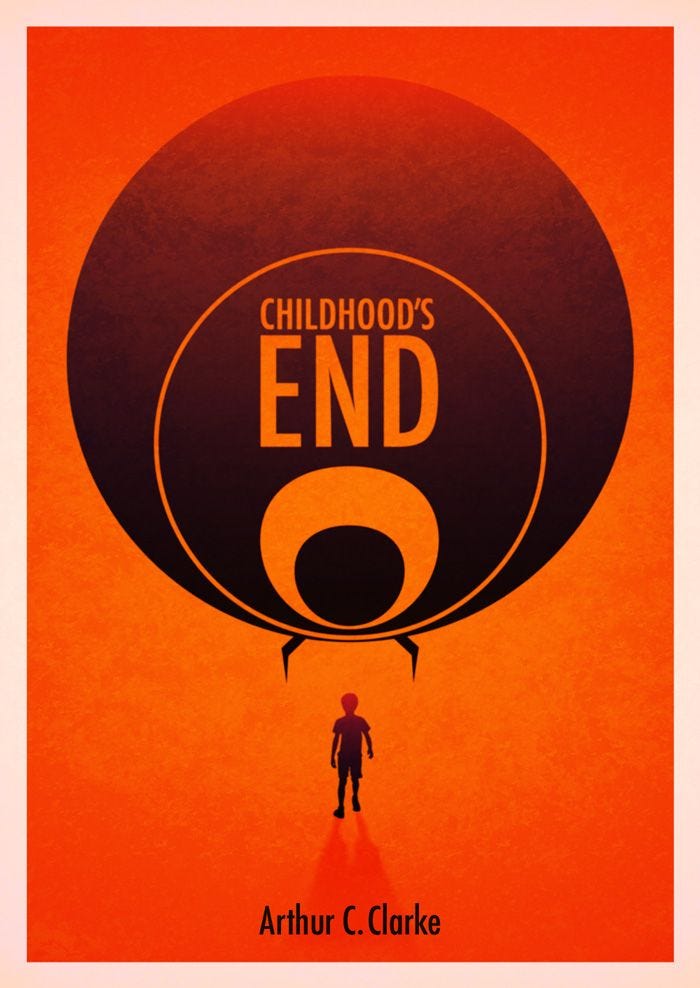When AI Becomes Smarter Than Us
What Is Artificial Super Intelligence Really?
It’s five years from now.
The “impossible” has happened: Cancer is gone. It no longer kills roughly 10 million people each year. But here’s the catch. Even top oncologists cannot explain how AI accomplished this medical feat.
All they do know? The treatment created by AI works.
This is not some far-out sci-fi plot. It’s the reality we’re entering.
Leading experts predict that by 2027 we will have AI with the intellectual capacity of an entire nation—of geniuses. Anthropic CEO Dario Amodei recently made this stunning prediction: “I don’t think it will be a whole bunch longer than that when AI systems are better than humans at almost everything. Better than almost all humans at almost everything. And then eventually better than all humans at everything, even robotics.”
What Does That Mean Practically?
If we subscribe to Amodei’s logic, we’re creating AI systems that we ourselves cannot understand. This means when it comes to medicine, we will soon have AIs that are able to invent cures beyond our understanding.
There is such a thing as a “black box.” This is typically something like a complex learning model with opaque internal decision-making processes.
This goes way further than that. We’re facing a future where doctors and caregivers won’t even understand the tools they use. They’ll just know they work.
Step Back to Consider Those Implications
If you think about it, we and AI are switching roles. As sophisticated as it seems, ChatGPT is not sentient. If you use it to write your articles or poems, it doesn’t understand the information it’s processing or producing.
It might seem like it does based on the conversational tone it uses in its responses. But that’s just how a Large Language Model (LLM) works. It’s very convincing to receive a message from Grok or ChatGPT. The language, syntax, and grammar it uses is meant to convey the sentience we experience when texting or emailing a human being.
But that AI isn’t conscious like you or me. It doesn’t really understand the words it is typing. It’s a simulacrum of comprehension.
In other words, it’s faking it.
If Amodei is right, we will be the new fakers. We’ll no longer understand the medical breakthroughs we rely on every day. We will just know they work.
To suggest there’s a tradeoff here is the understatement of all time. It smacks of this proverb: “Give a man a fish, and you feed him for a day. Teach a man to fish, and you feed him for a lifetime.”
Humans Have Always Been at The Top of the Intellectual Food Chain
No more.
We’re losing the self-sufficiency described in that saying, enjoying short term gains at the expense of long-term knowledge as to how reality works.
Amodei has another apt analogy to describe the coming future.
“… Generative AI systems are grown more than they are built—their internal mechanisms are ‘emergent’ rather than directly designed. It’s a bit like growing a plant or a bacterial colony: we set the high-level conditions that direct and shape growth, but the exact structure which emerges is unpredictable and difficult to understand or explain.” [Emphasis mine.]
To put it another way, for the first time ever, we humans are birthing something with capabilities far beyond our understanding. We talked earlier about a brave new world with AIs possessing the smarts of full countries of geniuses. Can we appreciate this kind of mental power?
Doubtful.
Just as it’s hard to grasp Jupiter’s true size from Earth, we can’t fathom intelligence on this scale. Still, I will try with another metaphor. What we’ll soon face is akin to the gulf between the smarts of a flea—and Albert Einstein. Or more accurately, a nation of Einsteins.
This scenario isn’t science fiction as I stated. However, there is a sci-fi novel that attempts to describe something similar. Arthur C. Clarke’s book Childhood’s End imagines a future were a mighty alien species called The Overlords come to earth. On orders from The Overmind, a vast cosmic intelligence, they usher in a new type of human being.
A new generation of advanced children appear. Telepathic and wise, they possess an intelligence dwarfing humans today. The Overlords, sophisticated and powerful as they first appear to be in the novel, pale in comparison to humans 2.0. Their powers are limited to growing such advanced beings. Like humans circa 2025, the Overlords may be thought of as midwives for humans 2.0—all the while they remain trapped by their own intellectual limitations.
Whether AI Becomes Sentient Remains to be Seen
It’s also not a given that AI will ever achieve the type of super intelligence Amodei describes. For now, the most important thing we can do is begin to contemplate the implications of a future that may be coming—a future beyond our wildest imaginations.
Do we even understand what’s coming? I’m afraid not.




Honestly I think I'm one of those weird people who is sitting more with wonder than fear at this emergence. And yes, maybe a collective sense of wonder at this thing humanity has birthed, like a child you watch grow and do things that are inexplicable and so uniquely their own that you can hardly imagine they came from and were raised by you. Maybe I should have more fear, it's just not what's present for me right now.
I guess a deeper wonder is not just the potential of technology, but our shared potential as we collaborate and grow and evolve in synergy. The whole is greater than the sum of its parts and all that jazz...